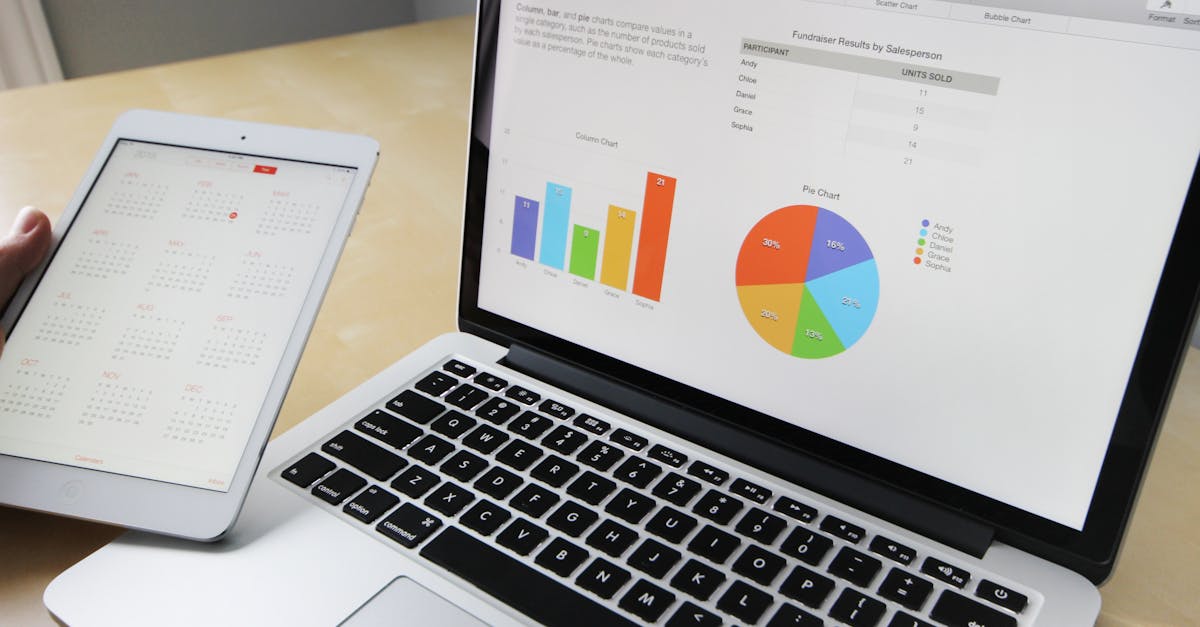Table of Contents
ToggleIn a world where calendars have become the new battleground for time management, it’s no wonder that many people feel like they’re drowning in a sea of appointments and reminders. Juggling work meetings, social events, and family commitments can turn even the most organized individual into a frazzled mess. If only there were a magic wand to wave away those pesky back-to-back obligations!
But fear not! An overloaded calendar doesn’t have to be your nemesis. With a sprinkle of humor and a dash of strategy, it’s possible to reclaim control over your time. Imagine a life where you can actually breathe between commitments and enjoy that elusive “me time.” Let’s dive into the chaos of calendar overload and discover how to transform that frantic schedule into a well-orchestrated symphony of productivity and peace.
Understanding Overloaded Calendar
An overloaded calendar often reflects a multitude of commitments that create stress instead of structure. Managing numerous tasks and events can lead to feelings of chaos.
What Is an Overloaded Calendar?
An overloaded calendar encompasses an excessive schedule filled with meetings, appointments, and deadlines. Individuals may find themselves juggling work responsibilities, social gatherings, and family obligations, resulting in little to no personal time. The constant pressure of managing all these tasks can hinder productivity and well-being.
Common Causes of Calendar Overload
Numerous factors contribute to calendar overload. Frequent overcommitting to events and tasks often occurs due to a desire to please others. Insufficient prioritization leads to taking on too many responsibilities without assessing the impact. Poor time management skills can also exacerbate the situation, making it difficult to allocate time effectively. Additionally, lack of boundaries allows others to fill schedules without personal input, increasing overwhelm.
Impact of an Overloaded Calendar
An overloaded calendar significantly affects both mental health and productivity. Stress and burnout often arise from constantly juggling commitments, leading to physical and emotional exhaustion.
Stress and Burnout
Overcommitment leads to increased stress. Frequent appointments and deadlines create pressure, leaving individuals feeling overwhelmed. Symptoms of burnout include fatigue, irritability, and lack of motivation. Many people find it challenging to maintain a work-life balance, which exacerbates these feelings. Mental clarity diminishes when personal time vanishes, making it hard to recharge. According to studies, managing fewer tasks tends to yield better stress management results. Implementing strategies for prioritization can mitigate this stress, allowing individuals to regain control and reduce burnout risk.
Decreased Productivity
An overloaded calendar results in decreased productivity. Constantly switching between tasks interrupts focus, making it difficult to complete any single task effectively. Research indicates that multitasking lowers efficiency by as much as 40 percent. Disorganization further complicates workflow and leads to missed deadlines. Individuals often find themselves placing urgent tasks over important ones, neglecting long-term goals. Implementing prioritization techniques can enhance focus, allowing individuals to maximize their productivity. Taking breaks becomes essential for sustaining energy levels and maintaining quality of work.
Strategies to Manage an Overloaded Calendar
Managing a busy calendar requires effective strategies to regain control. The following techniques help streamline commitments and enhance productivity.
Prioritization Techniques
Identifying and ranking tasks makes prioritization efficient. Use the Eisenhower Matrix to distinguish between urgent and important tasks. Focus on tasks that align with long-term goals while identifying less critical commitments. Techniques like the ABC method assign priority levels to tasks, allowing for a clear focus on the most impactful activities. Recognizing that managing fewer tasks leads to better stress management can significantly improve mental clarity, reducing feelings of overwhelm. Schedule regular reviews to adjust priorities as commitments change, maintaining a balanced workload.
Time Management Tools
Utilizing time management tools simplifies scheduling. Apps like Trello or Asana aid in organizing tasks by visualizing deadlines and responsibilities. Calendar applications such as Google Calendar allow for seamless integration of meetings and personal time, sending reminders to stay on track. Implementing the Pomodoro Technique can enhance focus by breaking work into intervals, promoting productivity while allowing for necessary breaks. Adopting these tools fosters a sense of control over a hectic schedule, ultimately leading to increased efficiency and reduced stress.
Benefits of a Balanced Calendar
A balanced calendar offers numerous advantages that extend beyond mere time management. Achieving synergy between commitments and personal time leads to improved mental health and enhanced work-life balance.
Improved Mental Health
Reducing calendar overload significantly boosts mental health. Individuals often experience lower stress levels when they prioritize essential tasks over unnecessary obligations. Studies indicate that manageable schedules correlate with decreased feelings of burnout. They report improvements in mood and motivation when time is allocated for relaxation and self-care. Creating space for enjoyable activities reduces symptoms of anxiety, making daily life more enjoyable. Additionally, prioritizing mental well-being through scheduled breaks fosters a clearer mindset, allowing for better focus and productivity.
Enhanced Work-Life Balance
An organized calendar facilitates a healthier work-life balance. When individuals set boundaries, they allocate time for both professional duties and personal interests. Encouragement to prioritize critical work tasks allows room for family engagements and hobbies. As a result, productivity increases, and individuals feel more satisfied with their time spent at work and home. Clear separation between work and personal commitments fosters a sense of control. Time for exercise, relaxation, or social interactions often translates into increased energy and enthusiasm for daily tasks, creating a sustainable schedule that benefits overall well-being.
Managing an overloaded calendar is crucial for maintaining mental health and productivity. By implementing effective strategies like prioritization techniques and time management tools, individuals can transform their chaotic schedules into organized routines. This shift not only alleviates stress but also enhances overall well-being.
Establishing boundaries and making time for personal interests fosters a healthier work-life balance. As individuals regain control over their time, they often find renewed energy and motivation in their daily tasks. Embracing these changes leads to a more fulfilling life where commitments align harmoniously with personal needs.







